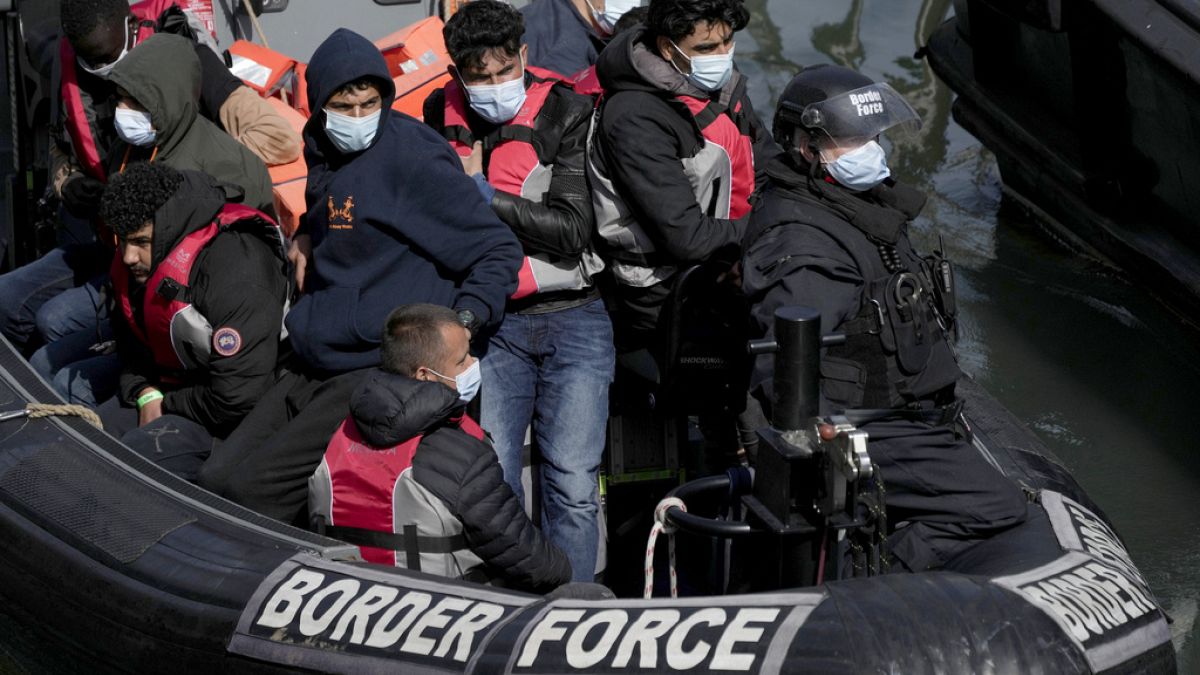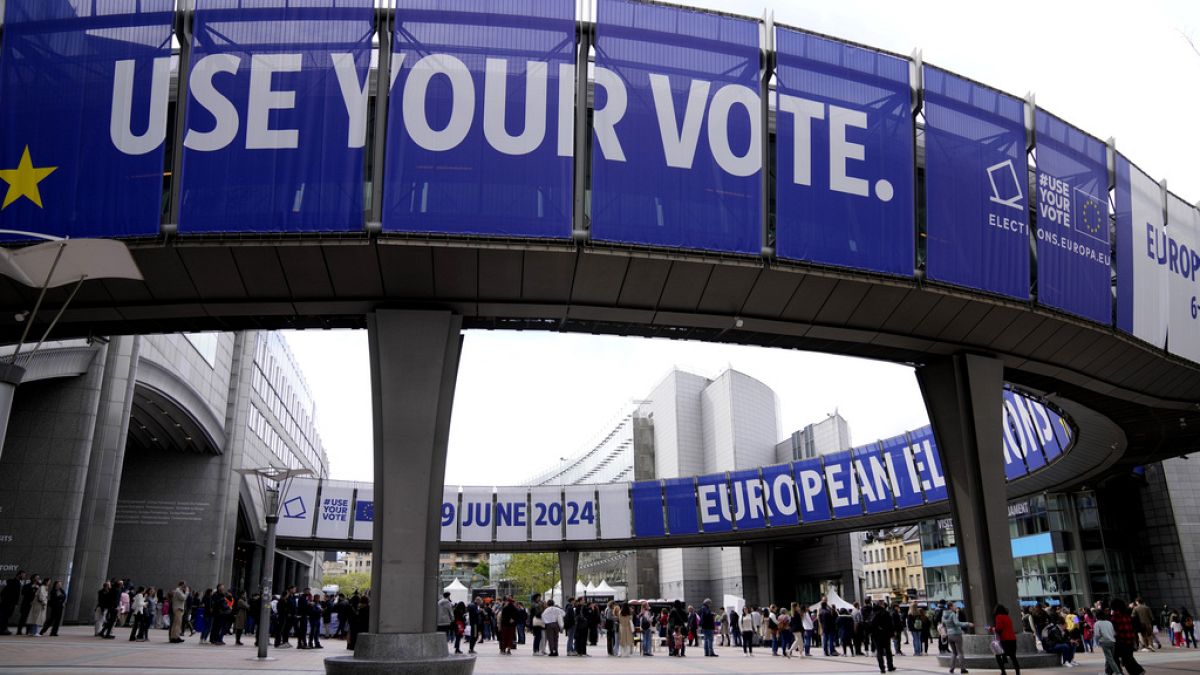The UK government has been criticised for bringing in new guidance which effectively bans refugees who entered the country illegally from acquiring British citizenship.
There have been conflicting claims by politicians and social media users that the UK’s recent decision to make it harder for refugees to get British citizenship goes against the 1951 UN Refugee Convention.
The government issued new guidance saying that anyone who enters the UK illegally having made a dangerous journey, such as via a small boat or hiding in a vehicle, will normally be refused citizenship.
This is regardless of the amount of time they had lived in the country.
The Home Office said that the tougher measures would show anyone entering the UK illegally that they would face having an eventual citizenship application refused.
Generally, foreigners in the UK must have spent five continuous years there before they can apply for indefinite leave to remain, and then apply for citizenship.
The previous guidance said that any illegal entry more than 10 years ago wouldn’t be grounds for refusal, but this has now changed, prompting a wave of criticism online.
Some social media users and refugee organisations have described the move as “appalling”, urging the government to reconsider.
Others have labelled the new rules a clear breach of the UN Refugee Convention because of the way it penalises refugees.
Article 31 of the convention says signatory states shouldn’t impose penalties on refugees based on their illegal entry or presence in the country, “provided they present themselves without delay to the authorities and show good cause for their illegal entry or presence”.
The UK government has rejected the claim that the rules breach the convention, with David Hanson, minister of state for the Home Office, arguing that individuals can still apply for citizenship, regardless of how they entered the UK.
“The Government are not going to withdraw from the convention,” he told parliament on 12 February. “The Government support the convention…Nothing in the proposals today stops any individual applying for British citizenship, however they have arrived in the United Kingdom.”
He added though that the new presumption is that applications from those who arrived illegally will be rejected, unless they can provide any exceptional mitigating circumstances.
“I believe…that that is compliant with our international obligations and, at the same time, examines what is an illegal route to the United Kingdom,” Hanson said.
Experts told EuroVerify however that the new rules don’t fit into the convention.
“By imposing a penalty — making it impossible for certain refugees to obtain citizenship, which is a specific hardship — on persons on account of their illegal entry or presence, the UK’s new rules are inconsistent with Article 31 of the Refugee Convention,” said Professor Carla Ferstman, Director of the Essex Human Rights Centre at the University of Essex.
She added that the rules also go against the spirit of the convention because they prevent certain refugees from accessing the durable solution of full, local integration.
“This is also counter-productive in that it maintains separations between settled refugees and the rest of society, impeding their ability to thrive and contribute fully and effectively to UK society,” Ferstman said.
It’s possible that creating barriers for citizenship relating to factors outside a person’s control would breach Articles 13 and 14 of the European Convention on Human Rights: the right to effective remedies before the national authorities and the prohibition of discrimination, respectively.
Under the new rules, there doesn’t appear to be a route for refugees to eventually get citizenship, Ferstman said, adding that these provisions will likely be tested by the courts and revised accordingly so that they comply with the UK’s obligations.
The change in the rules, known as the “good character requirement” for nationality applications, comes as Prime Minister Keir Starmer’s Labour government grapples with the growing popularity of the anti-immigration party, Reform UK.
“This new guidance serves no purpose other than to feed into an anti-immigration, xenophobic rhetoric which seeks to paint people who seek refuge in the UK as criminals,” Ferstman said.
“This divides society, is unhelpful and not a positive direction of travel for the Labour Party.”












